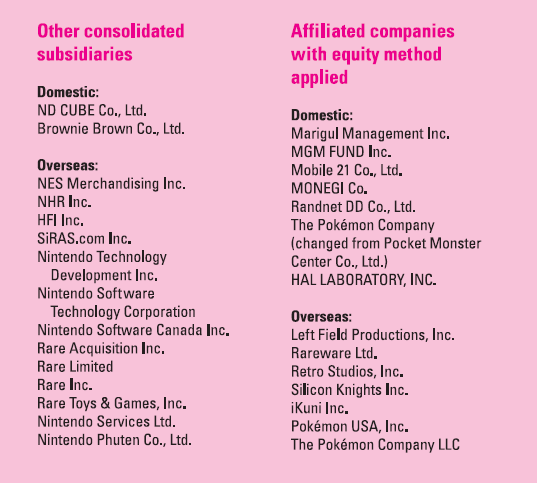APZonerunner
Member
Why did the Stampers want to move on from videogames so bad? Their company was producing some quality titles, they obviously were very skilled at what they did.
No idea. They'd had enough. Bored. They've not done anything else since, really, either, so it seems they just wanted to stop working period. Don't think they liked the ever-increasing fame/press attention, either.
Makes sense, but the Stampers stayed on until 2007. I understand needing to stick around for a little bit post-sale to keep things relatively smooth but half a decade and a full console generation seems a bit much.
Pretty sure it was part of the deal with MS. They stayed only as long as they had to. It's pretty standard for these cases when a sale is negotiated for a period of time from sale when the current brass stay on in order to ensure a smooth transition and not fuck the golden goose. It was probably a five-year deal, with some sort of performance-based wriggle room, as they left six months shy of five years.
Either way, the Stampers wanted to sell their share in the company and move on. They took some time to move on, but they wanted to sell to Nintendo. Nintendo said no, find someone else, and when they began looking Nintendo decided to sell their share too rather than negotiate terms constantly with another company. When it was both sides up for grabs it began to get too expensive for EA/Activision, so MS bought them. That was that.





